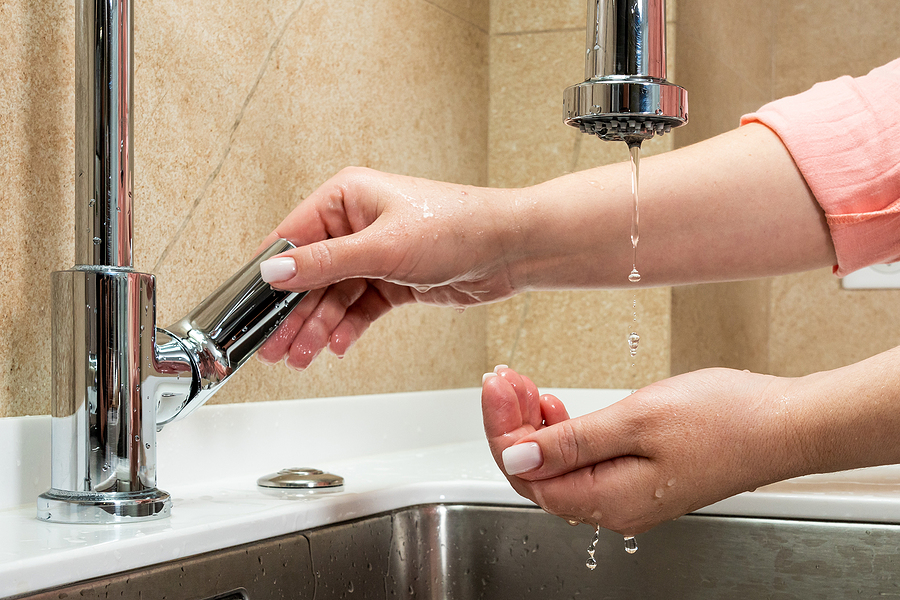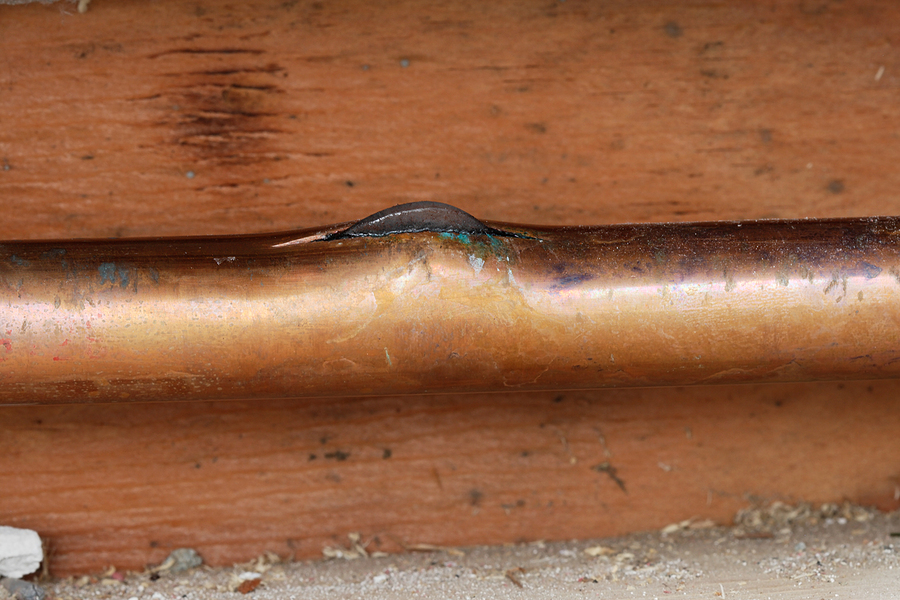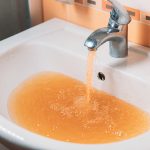Having your own private water well has a lot of advantages. However, winter can bring a number of issues for those who rely on a well as their primary water source. These issues can restrict the flow of water into your home and in some cases, stop it altogether. While a properly installed well sits below the frost line, that doesn’t mean it can’t be impacted by winter weather. Here are a few common water well issues homeowners could face during the winter months and some tips to help address them.
Reduced Water Flow
This is a common winter well water issue. Cold temperatures can cause the water in your well to freeze, which can reduce the flow of water to your home. While reduced water flow in warmer weather could be resolved by readjusting the gauges and leveling the pump, it may require extra measures during the winter. Insulating the well itself or constructing a well house to protect it from the cold can help prevent reduced water flow.

Increased Sediment
Another common winter well water issue is the appearance of sediment in your water supply. As the water in your well cools, dissolved minerals may form sediment on the bottom of the well. This can clog the pipes and reduce the flow of water. It can also cause your water to be cloudy and unpleasant to drink. To prevent this, make sure to regularly clean and maintain your well.
Contaminated Water
Heavy precipitation at any time of the year can cause contaminants from the groundwater to seep into your well. Freezing temperature can block this well water issue. However, when the first thaw rolls around, there could be an influx of contaminants. To ensure the safety of your drinking water, consider installing a water filtration system or testing your water regularly.
Frozen Pipes or Well Pump
This is probably the most common winter well water issue. When the water in pipes freezes, it expands, which can cause pipes to burst. Insulating any exposed pipes, especially those that are located in unheated areas such as basements, crawl spaces, and attics can help to prevent this from happening. You can also leave faucets on a slow drip to prevent water from completely freezing in the pipes.

As previously mentioned, wells are located below the frost line so the water in the well won’t freeze. The same is not true for pipes or a well pump located above ground. These need to be protected from winter temperatures to prevent them from freezing. A pump house is a great preventative measure. In addition, insulation sleeves should be installed on any exposed pipes to help prevent them from freezing.
But what if the pipes are already frozen?
The first thing to do is to locate the freeze point. This will either be in a water supply pipe leading from the well or an above-ground well pump. Before attempting to thaw the pipe or the pump, relieve pressure by turning on a faucet in your home. You can then use a hair dryer or electric heat tape to thaw the freeze point. Once the water begins to flow from the faucet, stop the heating process and let the warm running water thaw the rest of the freeze.
Experiencing Winter Well Water Issues?
Call A1 Well Drilling and Pump Service. With service in Monmouth, Ocean, Burlington, Middlesex, and Mercer Counties, A-1 Well Drilling is a fully licensed well service company with professional well drillers and pump installers. In addition to well drilling and pump maintenance and repair, we also offer water treatment solutions and install constant pressure systems. Contact us today for complete water well installation, service, and repair.





